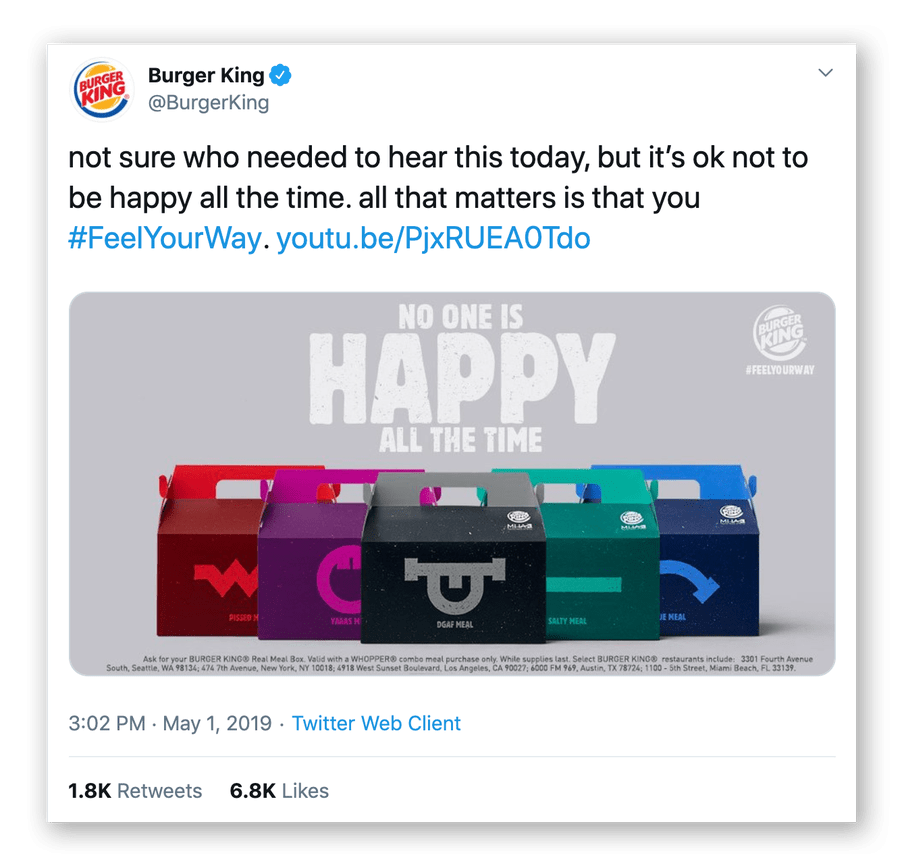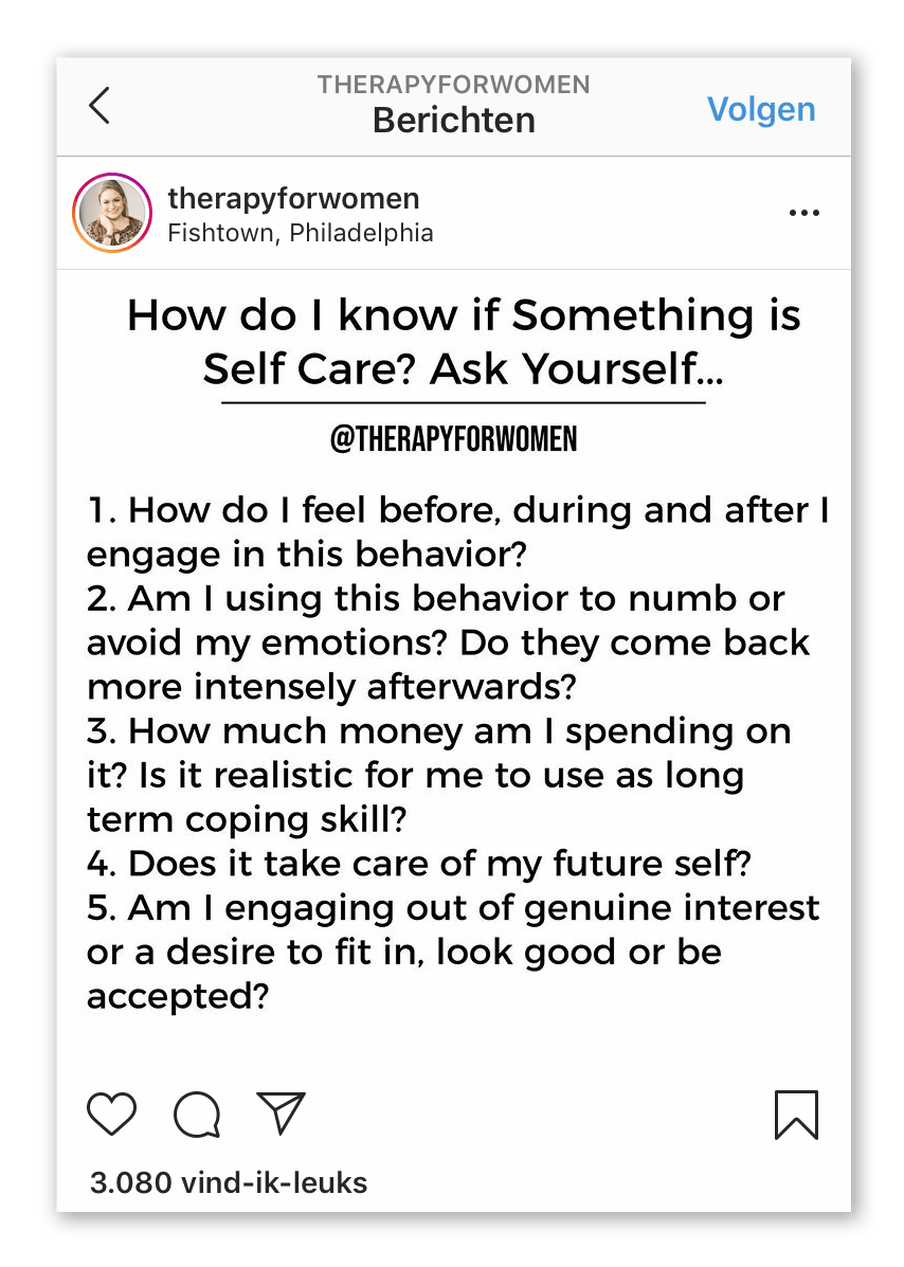Four years ago, in the middle of a long struggle with depression when she often wanted to “end the agony”, Shubhrata Prakash stopped taking her pills.
“I was on a lot of medication, but it wasn’t helping,” Prakash, an officer in the Indian Revenue Service, told me over the phone. “Instead, I would get these tremors [as a side effect of the pills]. I spoke to my doctor about de-prescribing, but she didn’t agree. That’s when I had an epiphany that I needed to look out for myself. I decided to listen to my body and taper off my medication.”
Initially, she was hit hard by withdrawal. “Then one day I had a small window when I felt normal. I hung on to that and took charge of my wellbeing. I started doing yoga, exercising, swimming, journalling, meditating.”

In the space of a few months, Prakash began to feel like a different person. “I can’t say for sure what worked, but it’s like my brain was rewired.”
Prakash stressed that she does not recommend ditching medication against professional advice. However, she insisted that going off meds was for her the “fiercest expression of self-care”.
The story of Prakash’s recovery from a deadly illness would read as a rousing endorsement of an increasingly loud slogan in health and wellness circles: embrace self-care. Take control of your own healing. In the words of American comedian Hasan Minhaj, self-care is “having a moment”.
To be sure, the idea of caring for the self is not a newly minted fad, though the recent explosion of self-care messaging – much of it aimed at superfoods-loving millennials – makes it difficult to imagine otherwise. In Michel Foucault’s The Care of the Self, the French philosopher explains that to the ancient Greeks “man is defined…as the being who was destined to care for himself”. Care was considered a “privilege-duty”: a privilege because it set us apart from animals, and a duty because without care for ourselves, we cannot survive.
Thousands of years after the ancient Greeks, the narrative today is that self-care is a magic solution to all our existential problems. The reality? While self-care is a powerful tool, its current golden age has brought with it four disturbing problems.
1. Self-care is … everything, so it starts to mean nothing
What constitutes self-care? Instagram and Twitter are good places to get some answers. A quick search on the platforms shows its burgeoning appeal – and confounding scope. Aside from bingewatching Netflix or shampooing your dog, #selfcare (AKA #selflove) is also attached to some odd pursuits – such as axe throwing.

Meanwhile, the global self-care industry has, by one frequently quoted estimate, swollen to an $11bn behemoth, serving up a hodgepodge of sexily branded bric-a-bracs. For instance, Marie Kondo, the Japanese “tidying expert” who became famous for teaching minimalist living, triggered an avalanche of media coverage by announcing the launch of an e-commerce site that will sell, among other things, “a tuning fork” with which you can strike a crystal – also available on the site – in order to “clarify the energy” around you.
Giants from diverse sectors, such as Ikea and Google, are angling to get in on the action with their own wares. Toymaker Lego has created an ad featuring a “fashionably dressed coffee shop worker find[ing] her Nirvana by making a Lego ship”. The company calls it “zen, in the shape of a brick”.
Don’t get me wrong – I’m a firm believer in the Gospel of Whatever Works. But even the ancient Greeks wouldn’t have bargained for this carpet-bombing of self-care marketing – its productisation, to use a term beloved in Silicon Valley, where companies, eager to cash in, are shipping out a cornucopia of meditation and mindfulness apps.
The self-care juggernaut’s prospects look bright, if the spending habits of millennials in my country are any indication. According to one article, young Indian wage earners spend over 70% of their income to fund their “leisure-conscious” lifestyles. They are even taking out loans to fund Insta-worthy foreign vacations. The “experience economy” – where you invest in experiences to nurture your best self – is firmly upon us.
Does all this make you feel like a DGAF (don’t give a f**k) burger? Burger King has you covered.

So disorienting is the deluge that there are now guides on Instagram to help you determine if you are doing self-care right, with questions such as “How much money am I spending on it?” and “Does it take care of my future self?”

2. The onus is often solely on the individual
One definition of self-care by the UK’s health service illustrates its problems: “The actions people take for themselves ... to stay fit and maintain good physical and mental health; meet social and psychological needs; prevent illness or accidents; care for minor ailments and long-term conditions; and maintain health and wellbeing after an acute illness or discharge from hospital.”
‘People don’t seem to recognise that when they say "you can at least meditate", that it’s not that easy’
Look at that list again. Can maintaining good physical and mental health, meeting social and psychological needs, and preventing illness or accidents be the sole responsibility of the “self”? So what happens when people presume that it is?
Aparna Mittal has given a lot of thought to those questions. Mittal is the founder and CEO of PatientsEngage, an online platform in India that supports patients and caregivers with the management of chronic diseases. “People don’t seem to recognise that when they say ‘you can at least meditate’, it’s not that easy,” she told me in a phone interview.
“When you are stressed or anxious, getting your breathing right is hard. Running or colouring might work for you – but you can only get there by trial and error. Yoga may work – but you need a trainer. Most people don’t have the bandwidth to try out so many things.”
Mittal told me she is particularly worried about the flood of “well-meaning” advice aimed at caregivers, who often aren’t given space in healthcare conversations. “Someone recently WhatsApped me a three-minute video that talks about seven things to do for self-care – things like sleep time, me time, etc. It is overwhelming,” she said. “If someone looking after a person with Alzheimer’s or Parkinson’s is asked to go join art therapy, do they really have the time or the choice?”

3. Performative self-care is contributing to burnouts
For those fed up with unhelpful WhatsApp forwards, Barbara Riegel and Tiny Jaarsma, co-directors of the International Center for Self Care Research (ICSCR), have a practical framework for self-care in chronic illnesses. They break self-care down into three phases: maintenance, monitoring, and management.
According to this framework, self-care is a continuum, relevant in both healthy and ill states. (So that midnight visit to the emergency room after years of neglecting panic attacks isn’t self-care because you skipped the maintenance and monitoring parts and went straight to management.)
The ICSCR’s website makes a compelling point: “Of 8,760 hours in a year, only about 10 hours or 0.001% are spent with healthcare professionals. All other health maintenance, monitoring and management activities are done by individuals and their families as self-care activities. Performing self-care will improve wellbeing, decrease morbidity and mortality, and reduce healthcare costs.”
‘It wouldn’t be wrong to say that performative self-care is actually leading to self-care burnout’
Difficult to quarrel with anything there – but the last sentence gave me pause. Performing self-care reminded me of a recent piece by Pooja Lakshmin, assistant professor of psychiatry at George Washington University School of Medicine. Writing in the New York Times, Lakshmin focuses on a specific group that is perhaps at the receiving end of the greatest torrent of self-care advice: new mothers.
“[T]he images we’re sold of self-care include meditation apps and Peloton binges. For mothers in particular, with self-care just an app click or exercise class away, there is a haunting sense that if you feel burnt out, you must not be taking care of yourself. Cue more stress and guilt,” Lakshmin says. “I’m seeing more mothers who feel an overwhelming pressure to live up to not only the crushing expectations of motherhood but also the obligations of performative self-care.” (My emphasis.)
I asked Prakash, who has two young children, whether this is a western problem. But the guilt of not performing well enough is real here in India too, she confirmed.
“When I started my self-care routine, I decided that I wouldn’t go on a guilt trip, which I was very prone to at the time,” Prakash said. “I told myself it was okay if I woke up one morning and didn’t feel like doing anything. If all I wanted was to sleep, then that’s what I’d do.”
Shayonee Dasgupta, whom I follow on Twitter for her pithy insights on coping with mental-health challenges, told me that the pressure to conform to acceptable self-care practices leaves her “fatigued at times”. She added: “It wouldn’t be wrong to say that performative self-care is actually leading to self-care burnout.”
Self-care burnout. How did we get to this perversity?
4. Self-care is weaponised against disadvantaged people
For the American poet and civil rights activist Audre Lorde, caring for herself was not self-indulgence, "it [was] self-preservation ... an act of political warfare”. In other words, self-care was not just another way of saying “retail therapy”.
If you have a mental illness, “self-preservation” could mean the revolutionary act of wresting away power from the overly medicalised, one-size-fits-all healthcare establishment. But that revolution doesn’t seem to be working as intended.
British cultural theorist Mark Fisher claims that the hijacking of self-care is the logical outcome of capitalism, where the complete burden of your wellbeing is shunted on to you – because hey, hasn’t the free market given you access to everything you’ll ever need? If you still don’t manage to feel better, the fault is within you.

Fisher argues that people with mental illnesses are trapped within this system. For so long, the conversation around probable causes of depression has focused overwhelmingly on serotonin deficiency in the suffering individual’s brain, ignoring the social roots of unhappiness, such as competitive individualism and income inequality. As Fisher writes: “It is clearly easier to prescribe a drug than perform a wholesale change in the way society is organised ... [and now] ‘there is a multitude of entrepreneurs offering happiness now, in just a few simple steps’.”
The dangers of this framing are felt most by those who can’t “buy” self-care: poor and dispossessed people. Low-income countries continue to lag behind in public health spending, according to the World Health Organization. In India, the government’s defence budget is five times its health budget. And mental health care accounts for less than 1% of that – a pathetic figure given the massive population that needs care.
Thankfully, it may not be too late to stop self-care from being weaponised against the self. Establishments around the world can learn from New Zealand, where Jacinda Ardern, the prime minister, has announced an unprecedented budgetary push to take on mental illness, family violence, and child poverty.
Ultimately, the self needs more than perky help manuals to feel in control. “Even when you say something simple like ‘eat right’, underlying those two words is a complex set of tasks and activities,” says Mittal of PatientsEngage. “The ownership of those activities has to belong to the self. But before that, you have to empower the self.”
Dig deeper
 A neuroscientist’s guide to what happens in your brain when you feel guilt
I spoke with Roland Zahn, a psychiatrist at King’s College London, whose cutting-edge research on brain activity and mood disorders could transform the way we treat depression.
A neuroscientist’s guide to what happens in your brain when you feel guilt
I spoke with Roland Zahn, a psychiatrist at King’s College London, whose cutting-edge research on brain activity and mood disorders could transform the way we treat depression.


